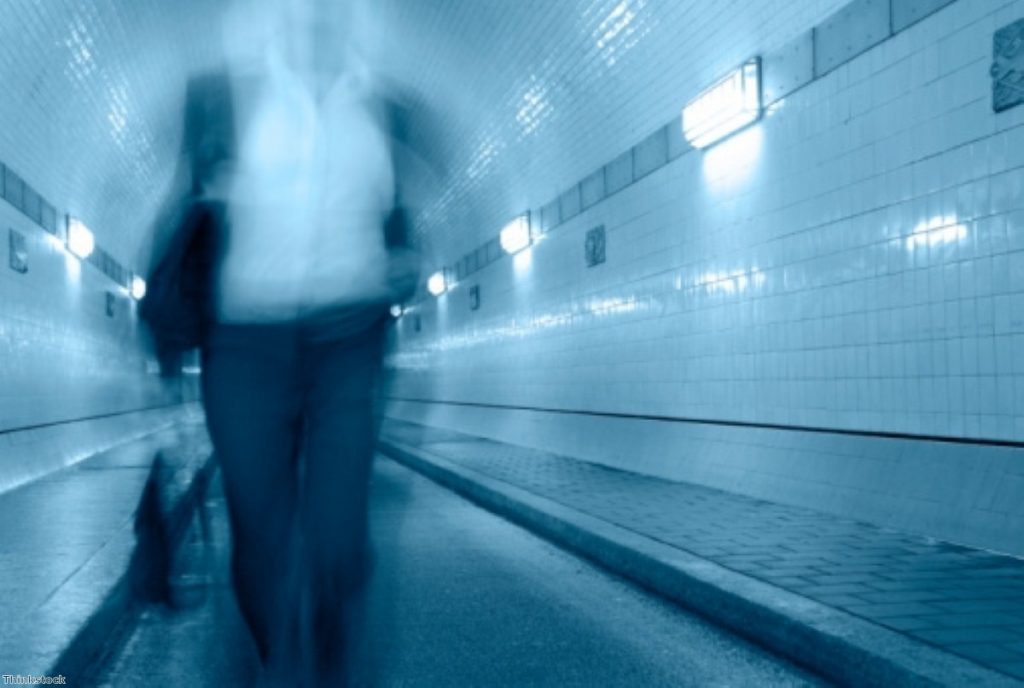Benefits: Those who know least oppose them the most
Those who know least about Britain's current benefits arrangements oppose them the most, according to new polling.
The TUC-commissioned survey, which comes ahead of a crucial vote on welfare spending next week, found 48% back George Osborne's decision to cap benefit rises at one per cent compared to 32% who oppose it.
By three to one, people thought it would mainly hit the unemployed, but when informed it would also affect low-paid workers on tax credits, people opposed the move by 40% to 30%.
"Voters who have a better grasp of how benefits work and what people actually get, oppose the government's plans," TUC general secretary Frances O'Grady said.


"When people learn more about benefits, support moves away from coalition policy.
"The truth remains that benefits are far from generous, the vast majority of the jobless are desperate for work and most benefit spending goes either on pensions or on benefits for those in jobs or who aren't able to work."
The benefits debate will be a defining part of the next year in parliament. Labour intends to vote against the harsh one per cent increase and risks being portrayed as soft on welfare by the Tories and parts of the tabloid press.
But polls showing greater public sympathy for employed claimants suggest Labour could still win the welfare battle if the party can change assumptions around the prevalence of the unemployed in the system.
The survey found those whose views on welfare were least accurate tended to think the system was too generous while just one in three of those who gave the most accurate answers agreed.
Just one in four people believe benefits should go up by less than wages or prices, according to the TUC survey, while 63% back the idea of linking them permanently.
The report also showed:
-
On average people think that 41% of the entire welfare budget goes on benefits to unemployed people, while the true figure is three per cent.
-
On average people think that 27% of the welfare budget is claimed fraudulently, while the government's own figure is 0.7%.
-
On average people think that almost half the people (48%) who claim Jobseeker's Allowance go on to claim it for more than a year, while the true figure is 27.8%.
-
On average people think that an unemployed couple with two school-age children would get £147 in Jobseeker's Allowance – more than 30% higher than the £111.45 they would actually receive – a £35 over-calculation.
-
Only 21% of people think that this family with two school-age children would be better off if one of the unemployed parents got a 30 hour a week minimum wage job, even though they would actually end up £138 a week better off. Even those who thought they would be better off only thought on average they would gain by £59.












